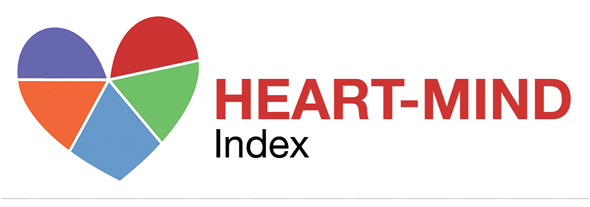Project Title: “Understanding Children’s Social and Emotional Competence in Kindergarten: An Examination of the Convergent and Discriminant Validity of the Heart-Mind Index”
Research Team: Kimberly Schonert-Reichl, Alisa Almas, Jenna Whitehead Arruda, Jacqueline Maloney, Jennifer Kitil
Participants: Kindergarten teachers and students (N= ~ 525) from approximately 25 classrooms
Location: Vancouver
Description: What are the ways in which we can promote young children’s social- emotional health, competence, and well-being? How do we cultivate positive human qualities such as self- regulation, empathy, altruism, and
 compassion during early childhood, especially among those children identified as “at risk” for current and future adjustment? Understanding the mechanisms and processes that may propel children away from or toward positive mental health has emerged as a recent focus of researchers, educators, policy makers, and other societal agencies concerned with understanding the factors that lead children on a path to becoming happy, healthy, and caring adults (Hertzman, 1999; Hertzman & Power, 2005; Masten, 2007)
compassion during early childhood, especially among those children identified as “at risk” for current and future adjustment? Understanding the mechanisms and processes that may propel children away from or toward positive mental health has emerged as a recent focus of researchers, educators, policy makers, and other societal agencies concerned with understanding the factors that lead children on a path to becoming happy, healthy, and caring adults (Hertzman, 1999; Hertzman & Power, 2005; Masten, 2007)
 compassion during early childhood, especially among those children identified as “at risk” for current and future adjustment? Understanding the mechanisms and processes that may propel children away from or toward positive mental health has emerged as a recent focus of researchers, educators, policy makers, and other societal agencies concerned with understanding the factors that lead children on a path to becoming happy, healthy, and caring adults (Hertzman, 1999; Hertzman & Power, 2005; Masten, 2007)
compassion during early childhood, especially among those children identified as “at risk” for current and future adjustment? Understanding the mechanisms and processes that may propel children away from or toward positive mental health has emerged as a recent focus of researchers, educators, policy makers, and other societal agencies concerned with understanding the factors that lead children on a path to becoming happy, healthy, and caring adults (Hertzman, 1999; Hertzman & Power, 2005; Masten, 2007)The purpose of this study is to collect validity evidence of the Heart-Mind Index, a new research assessment tool designed to collect teachers’ reports of their Kindergarten students’ social and emotional learning and development. Specifically, it evaluates dimensions such as getting along with others, being compassionate and kind, and solving problems peacefully, among others. Research has demonstrated that such skills and knowledge lead to increases in children’s positive social behaviours and school success; and ensuring valid and accurate assessment of these skills is an important step in promoting them. This study is being conducted out of The Human Early Learning Partnership at UBC.
Funding: The Clyde Hertzman Legacy Fund